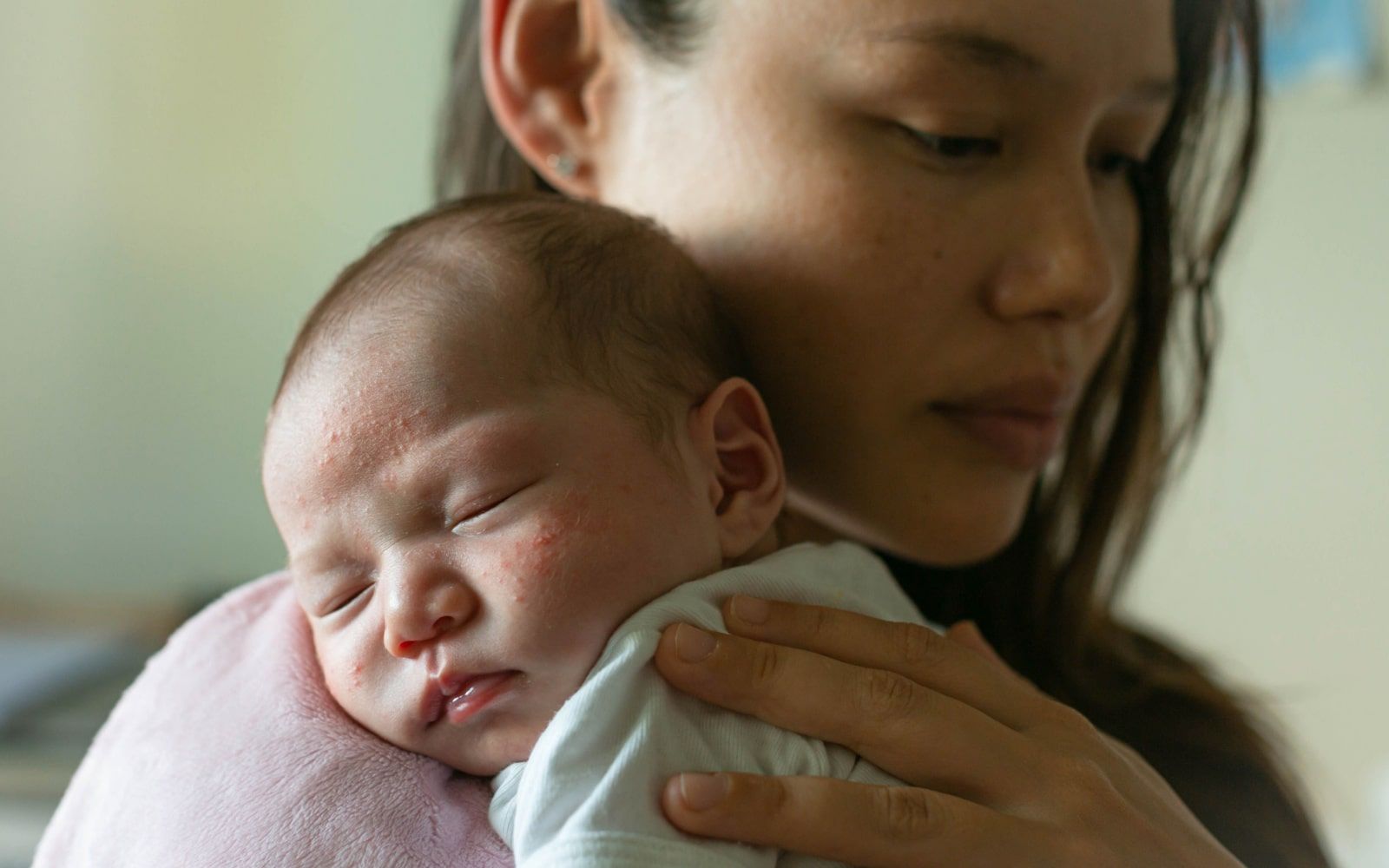It’s essential to understand that the mental health challenges we face after childbirth vary notably from mother to mother. Nearly 80% of all mothers experience a condition known as “baby blues.” This experience often results from multiple factors, among the most prominent being the shift in hormone levels after giving birth. Other, more complex factors also have their part to play. Postpartum depression, on the other hand, is more than just the baby blues. Those experiencing Postpartum Depression (PPD) can feel overwhelmed and detached and have high degrees of anxiety. Capital Women’s Care Rockville is here to help new mothers navigate their postpartum experience with medical and mental health care options.
Managing Postpartum Depression With Capital Women’s Care Rockville
PPD is a condition that impacts one out of every seven women. These women experience symptoms that often include intense anxiety, feeling overwhelmed, and detachment, making bonding with their new child difficult. They may not experience the joy many women describe after childbirth, leaving them alienated. Further, many struggle with whether they’re a good mother, wondering why they “don’t love their baby.” Needless to say, women experiencing PPD need the love and support of their families more than ever.
- Sleep – Sleep is one of the most important things for helping those suffering from PPD. This is particularly critical in the earliest days of the child’s life when they’re feeding ten or more times in a day. Find support that will help you nap, even if it ends up being interrupted. Exhaustion is never good for our health, but getting sufficient sleep is critical for managing your mental health after giving birth.
- Support – More generally speaking, connecting with a support system is essential. Whether you’re reaching out to other moms or getting help from your family, you must stay connected. Shared experiences are a powerful tool in helping normalize your experience and address your deeper worries. Get help making meals, finding time to shower, and even getting some “you time” away from the house on a walk. These things can serve to refresh your spirit.
- Nutrition – Taking care of your baby is going to take a lot of energy, and that’s when you aren’t breastfeeding. If you’re also breastfeeding, you’re eating for two and probably feeling like you’re working for three or four. Eating a balanced diet, taking vitamin supplements, and staying hydrated is going to help you maintain an overall sense of well-being.
In severe cases, the mother can experience suicidal ideation or thoughts of harming their newborn. If you’re experiencing this, it’s essential that you seek help immediately from a qualified mental health care practitioner.
Reach Out To Capital Women’s Care Rockville For Postpartum Care
If you’re struggling with feelings of sustained depression or other symptoms of PPD, it’s time to reach out for help. Our team is there to support you throughout your pregnancy, after birth, and through the life of your child. Contact us today at (301) 762-5501, and schedule a consultation with a member of our team. We’ll meet with you, talk about your symptoms and lifestyle, and start helping you develop a plan to address your PPD helpfully and constructively.


